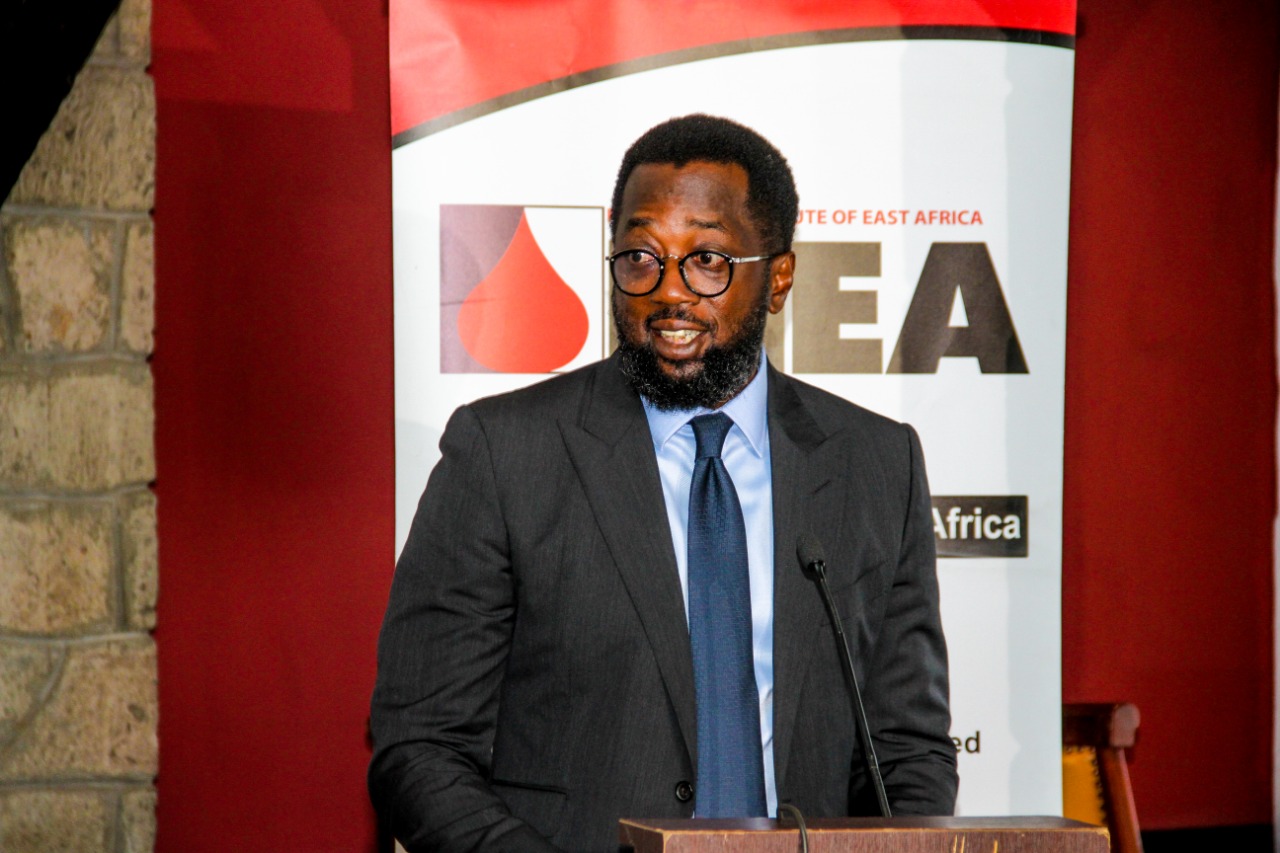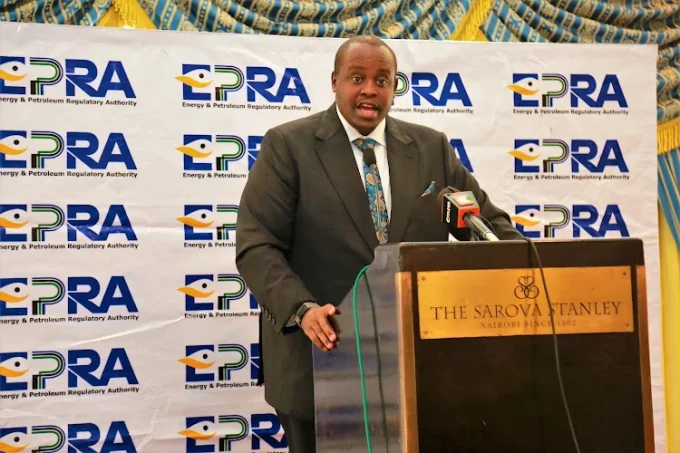The Petroleum Institute of East Africa (PIEA) has announced that it is supporting new measures by the Energy and Petroleum Regulatory Authority (EPRA) against illegal cylinder refilling and distribution.
PIEA wants the retailers to be permanently run out of business vowing to boycott retailers who continue reselling their cylinders filled with cooking gas from different companies.
Six-Month Transition Period
“There is no ‘six-month transition period’ on illegal cylinder refilling,” said Olagoke Aluko, Chairman of the PIEA.
“It is illegal. It is ending. And anyone who wants to carry on in the face of a Sh10m fine and five years in prison will find that the legitimate LPG producers will not issue them a supply arrangement and will permanently boycott them,” he added.
The LPG suppliers are blacklisting illegal retailers as confusion has grown about the six-month transition period under the new LPG industry regulations gazetted in June 2019.
The regulations allow marketing companies until December to return their competitors’ cylinders. These marketers also have until year-end to put safe-use information onto each cylinder and to submit records of their current cylinder stocks to EPRA.
However, “allowing the legitimate industry time to return collected cylinders and implement the new safety rules doesn’t give illegal practitioners some extra window of time for illegality – the filling and hoarding of other brand’s LPG cylinders is illegal and the fines and jail terms are in force,” said Olagoke.
He said that those illegally refilling the cylinders need to return any cylinders they have to the brand owners and cease operations, or the penalties will now be severe. He emphasised that there is no extra time.
Under the new regulations, retailers must now have an agreement with the brands they stock that is proven by a letter and must be applying to EPRA for a licence.
“However, we will not issue brand agreements to retailers who are still sending our branded cylinders to illegal refillers,” said Olagoke.
Multi-agency approach
The boycotting announcement by the LPG suppliers comes as EPRA mobilises more than 80 inspection officers who have started working with county governments to close down illegal refilling facilities.
EPRA is also providing inspection briefs to other regulatory bodies including the Kenya Bureau of Standards (KEBS), Anti- Counterfeit Agency (ACA), Kenya Revenue Authority (KRA), Directorate of Occupational Health and Safety, National Environment Management Authority and County Executive Committees in energy, environment, and health across the country.
Prior to the new regulations, three-quarters of the LPG bought in Kenya was being provided by illegal refillers, according to data from the World Bank.
“The cost to citizens of unregulated refilling was intolerable. The safety breaches set Kenya back in its rate of LPG adoption,” added Olagoke.
He said the prevalence of the illegal refilling deterred investment in the industry on confused liability cases.
This, he said, has seen Kenyans suffering more severely than other African countries from respiratory diseases and mortality caused by the prolonged reliance on indoor cooking with firewood and charcoal.
“For all of these reasons, we welcome EPRA’s moves and will do all in our power to support the agency as it moves to close these illegal filling operations permanently,” said Olagoke.
Gas cylinder authentication
Only Total Kenya currently has a mechanism for authenticating an LPG cylinder bought from them.
The company is providing customers with a toll-free number to call or text, instilling a sense of security and trust in its cooking gas business.
Total’s cylinders come with a code where the customer scratches the attached voucher and sends the number to the toll-free number for authentication.
In June 2019, the regulator announced new rules abolishing the exchange pool while also seeking to ensure that users are safe.
With the regulations, marketers have the responsibility of ensuring that gas cylinders are safe and will be answerable in case of any incidents.
The marketers will among others compensate victims of any accidents caused by gas leaks.
Read>>> Will Corruption in The Energy Sector End as Regulator Rebrands?





![Parliament in a past session. [Photo/Parliament of Kenya/Facebook]](https://businesstoday.co.ke/wp-content/uploads/2026/02/Parliament-Kenya-200x143.webp)





